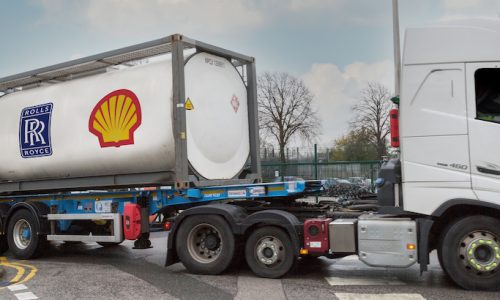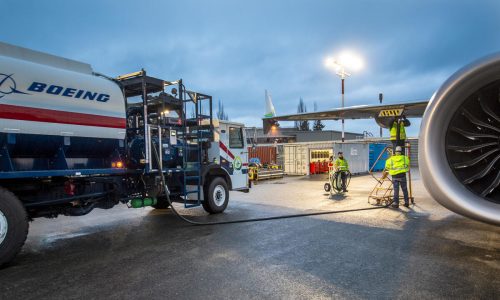By Rob Wright, executive director at SCALA, a provider of management services for the supply chain and logistics sector
The government proposals to increase maximum HGV weight to 48 tonnes are a welcome step and should open up some much-needed conversations.
There is no doubt that reducing the number of commercial vehicles on UK roads, which adoption of longer trailers would achieve, holds clear business and environmental benefits, absorbing forecasted growth in road freight and ensuring that HGV drivers can transport goods to their end destination more quickly and efficiently.
We have accrued decades of experience working with clients to reduce their freight costs and environmental impact, by reviewing their vehicle fleets and vehicle design, as well as optimising load size.
From personal experience, I have previously led a logistics project that demonstrated the benefits of the longer trailers, having operated 76 of these units in a government trial. Through this, loads and vehicles used dropped by almost a sixth, which brought about a significant reduction in carbon emissions.
From these experiences, we know that solutions such as those outlined in the government consultations are likely to be a fantastically positive way to reduce emissions and vehicles on the roads.
Another solution businesses should consider is the use of double-decker trailers, which would have a similarly positive impact.
With this solution, hauliers can see major improvements in vehicle utilisation for sectors such as food, groceries and homewares, where frequently vehicle capacity is not limited by tonnage but by the cubic volume of the goods transported.
By making use of double-deck trailers, hauliers could feasibly fit anything from 60%-100% more pallets on each vehicle, effectively doubling their storage capacity in certain cases.
This would have the knock-on effect of removing a significant number of heavy goods vehicles from the roads, substantially reducing both vehicle emissions and traffic congestion, while also cutting down on journey times and increasing fuel efficiency per journey.
Subsequently, we would urge Government to consider all the options available to them in these proposals, consulting with industry to come to a solution that best suits all parties, to the benefits of businesses, road users and society as a whole.

